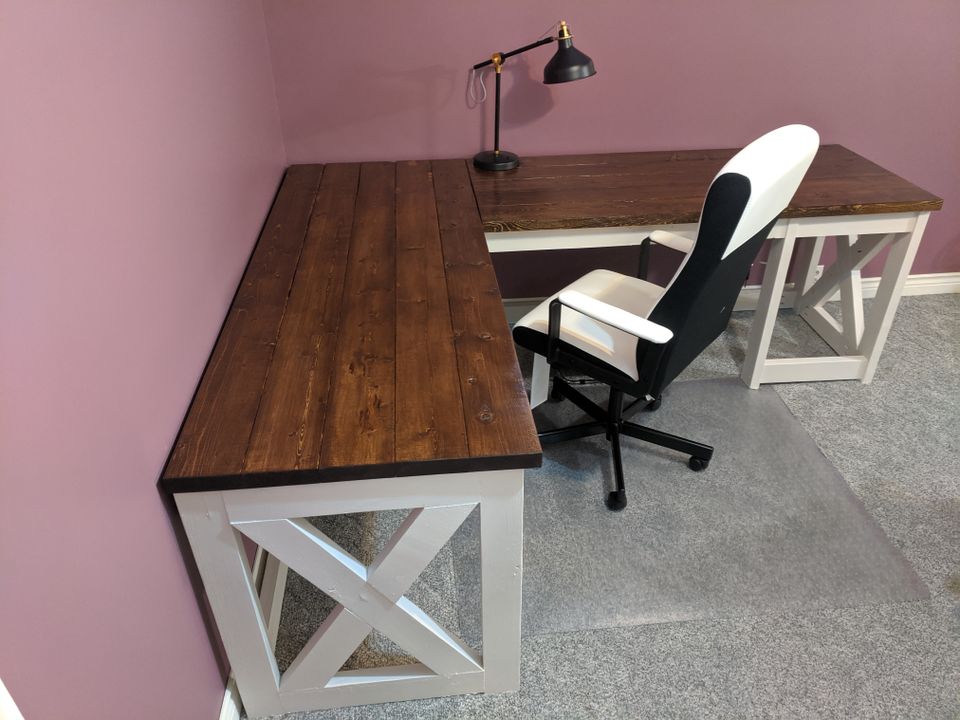On un-learning.

I built a desk and kitchen table from scratch awhile ago.
The most important part of the process was not the proverbial “measure twice, cut once”, though that advice is sound (as I learned when I had to chop a few inches off of each leg of the desk).
The most important part of the process was sanding.
Smoothing the rough edges of the table so that my kids wouldn’t get splinters in their fingers.
Evening out the planks that made up the tabletop, so that the plates would sit and slide smoothly.
It also happens to be the LEAST satisfying, dirtiest and most labour intensive aspect of any woodworking project. First, you start with a rough-grit sandpaper, taking off all of the obvious imperfections, and then it’s hours of sanding with finer and finer grits in order to not only smooth the surfaces, but give them character. To linger over a knot in the plank, to put a consistent edge along the length. To work out the rough edge where the saw blade cut the board to size.
The thoughts and writings on this site, if they’re new to you, might be like that sandpaper. Some of them might be a little rougher on your worldview or beliefs or sense of self, and some of them might be a finer grain, helping to polish or finish an idea or a belief that you’ve held, but haven’t quite articulated or connected to something else.
Regardless, “unlearning”, the constant sanding and refining of our paradigm, worldview, beliefs and assumptions is essential to being able to see and hold another person’s perspective.
If we are not willing to loosen our grip on what we believe to be true, there is no space for another person to share their perspective.
And if there is no space in our own perspectives to incorporate the perspective of another, well... (insert all kinds of poor outcomes for us and society).